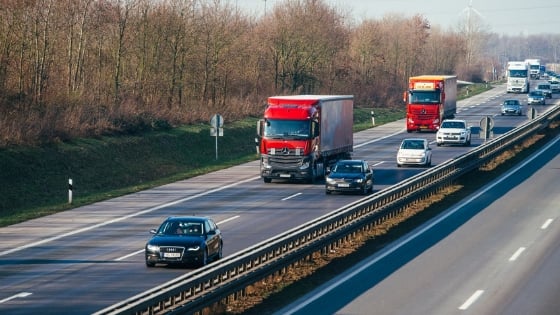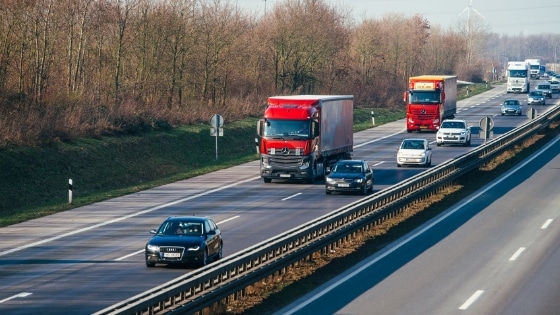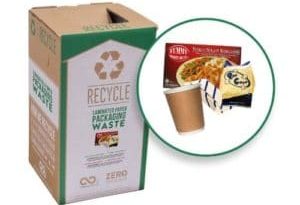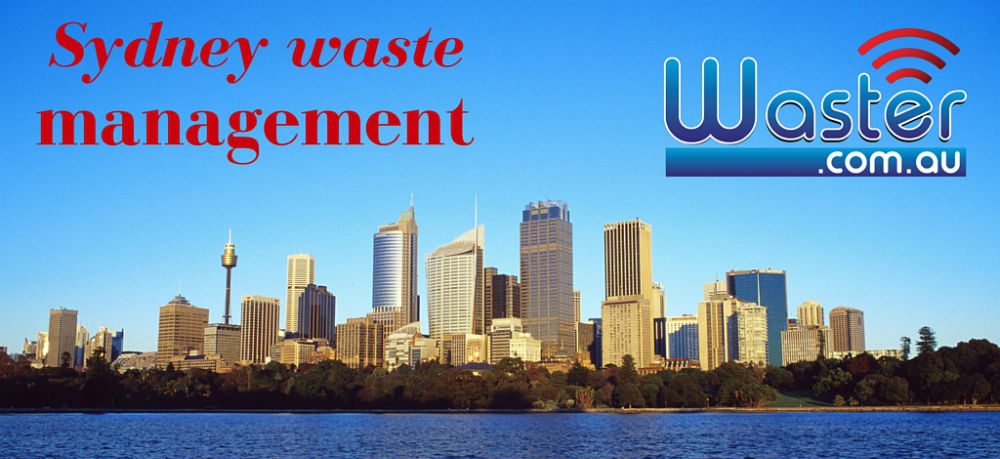Plastic Roads Australia 🛣️ – Is The Use Of Plastic In Road Construction Smart?
Energy Disrupter
Plastic Roads Australia 🛣️: we have covered in previous blogs how countries overseas such as the first plastic road in India have been pioneers on roads made from plastic waste. This trend is now in Australia, with the first plastic roads in Australia being trialled in Tasmania.
>Download Now: Free PDF Business Owners Guide To General Waste Bin Services
In this blog, we will ask whether plastic roads construction in Australia is actually a good idea. Or maybe, is it just delaying a problem for another day? Of course, we will also ask if the plastic waste issue be also easier to solve in the future?
We have covered lots of issues with plastic in recent blogs. We have also argued that a reduction of plastic is the only long term, truly sustainable solution for the environmental wreckage caused by plastic. For this reason, we remain sceptical of the “plastic road in Australia = good solution” idea.
Plastic roads in Australia: Why is plastic waste such a problem?
We have said it many times before. But, it is always worth saying again. The major issue with plastic is that it pretty much lasts forever. Once used and thrown away, it basically stays intact for hundreds (and even thousands) of years.
In addition to that, it causes such big issues in the seas and oceans. Even something like a drinking straw that is used for a few minutes can cause damage forever.
The only real way to get rid of low-grade plastics is to incinerate them as is done in countries like Sweden and Japan. Recycling low-grade plastics is often not all it is cracked up to be.


Many countries strongly oppose incineration for various reasons. But let us think about it: will plastic roads in Australia and the use of plastic in road construction prove any better?
Note that in this blog, we do not really cover any of the purported benefits of roads made from plastic waste such as better performance in hot and cold. And of course, we do not cover it as being longer lasting. We focus only on whether it is a suitable way to treat waste plastic from an environmental perspective.
[embedded content]
Are plastic roads in Australia a good idea or not?
The ABC covers how a recent trial road has been built from plastic road construction. But is the use of plastic bags in constructing roads in Australia (or anywhere in the world, for that matter) smart or foolish?
“The stretch of road, on Charlton Street in Snug, uses an additive made up of 530,000 plastic bags, 168,000 glass bottle equivalents and toner from 12,500 cartridges in each kilometre.
“It is estimated the road would last 15 per cent longer than a regular asphalt road.
“Single-use glass has also been used, said Stuart Billing, who is the general manager of pavements at road construction company Downer.
“It can’t be used for recycling back into glass, and it’s crushed down to almost like a sand and we incorporate that at our asphalt plant,” he said.
“We’re able to take what would ordinarily end up in landfill or potentially contaminating our environment and we’re actually able to make use of them.”
The road is built from melted-down plastic, which is then added to the road mix.
Australia’s very first plastic road
As mentioned above, the plastic roads phenomenon were first trialled in Tasmania, Australia. But, we can find Australia’s first recycled plastic road in Victoria.
This Victorian road diverted approximately 200,000 plastic bags and packaging, and 63,000 glass bottle equivalents from landfill. Let Waster tell you – that is a lot!
Downer and Hume City Council founded a partnership with esource recovery and recycling companies Close the Loop and RED Group to spearhead this innovation.
QLD Bag Ban also reports:
“Along with soft plastics and glass, toner from more than 4,500 used printer cartridges and 50 tonnes of recycled asphalt were also repurposed to create 250 tonnes of asphalt that will be used to construct a road in and around Rayfield Avenue, Craigieburn, located in Melbourne’s north.
“Downer’s Executive General Manager Road Services, Dante Cremasco, said the milestone event showed that partnerships with other thought leaders can create economic, social and environmental value for products that would more than likely end up in landfill, stockpiled, or as a pollutant in our natural environments.”
The first of NSW
If that seemed like good news, wait until you read this: NSW also got one! It now adds to the list of plastic roads in Australia that aims to make waste into something useful to the society.
This plastic road in Australia also came from the partnership of Downer and Hume City Council and Close the Loop and RED Group – along with the Plastic Police.
NSW’s plastic road diverted around 176,000 plastic bags and packaging and glass from around 55,000 bottles from landfill. In addition, 4000 tonnes of used printer cartridges and more than 60 tonnes of recycled asphalt were repurposed. They were used to create 200 tonnes of asphalt to created the said road along Old Princes Highway between Cooper Street and Engadine Road.
Now, think about it: is incineration not a better outcome?
Even if the road construction from plastic delays the inevitable – do we not need to sooner or later dig it up and dispose of the product – and will it not then be embedded with glass, stone etc – i.e. almost impossible to incinerate.
Is this actually a better outcome for the environment than incinerating plastic in a modern facility for electricity generation – and hence reducing the need for new carbon fuels.
At Waster, we argue that plastic should be phased out as much as possible – to be replaced by bio-degradable versions as much as possible.
We also believe that society and Australia included will need to take a more positive look at incineration in the meantime.
















